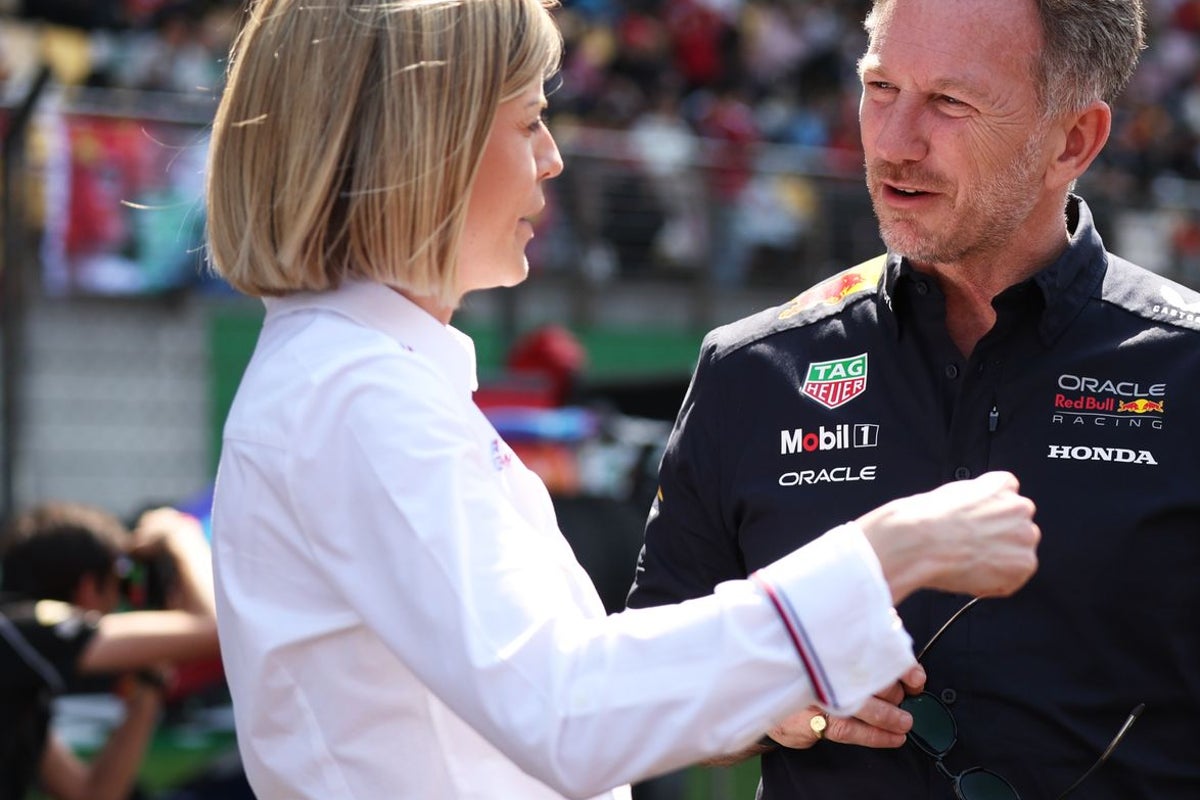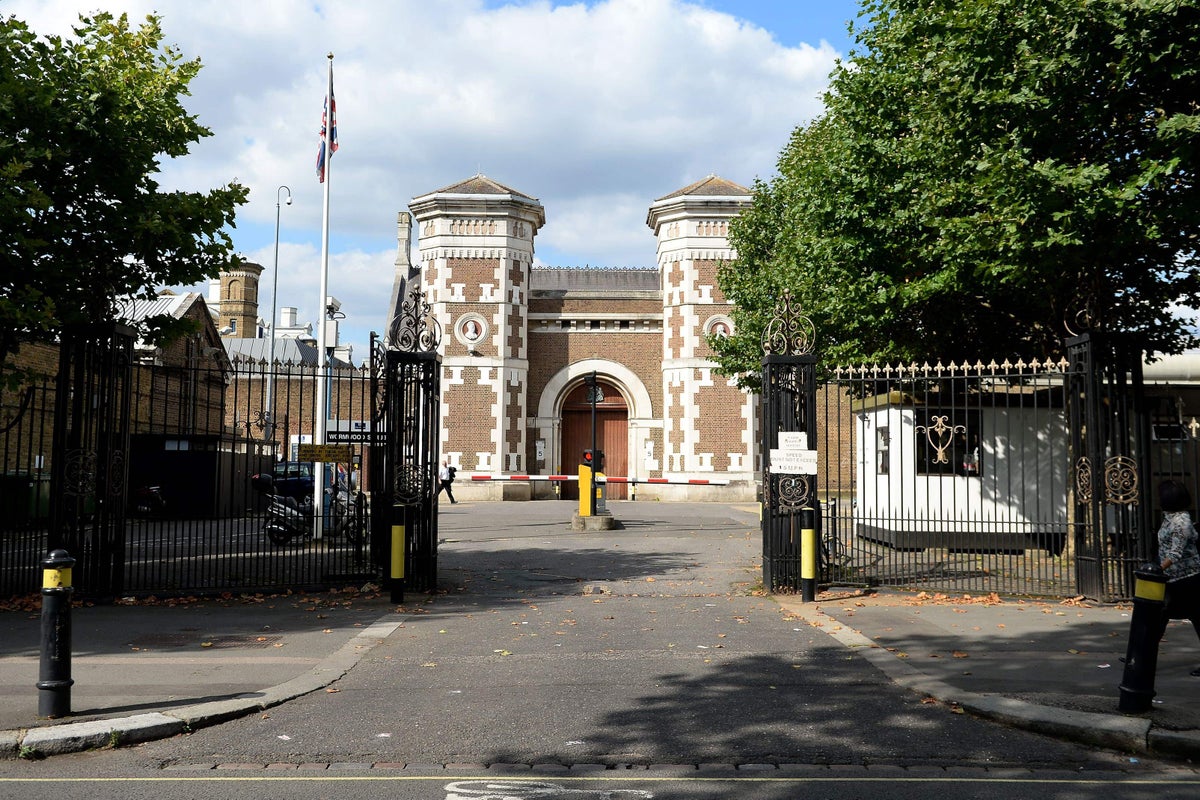The temptation may be to mock Emmanuel Macron’s efforts to appoint a prime minister, but it is one that should be resisted. Pointing out that Sebastien Lecornu lasted barely half a Liz Truss only draws attention to our own recent problems of high prime ministerial turnover, after all.
The Italians, too, might observe with some satisfaction that their reputation for frequent changes of government and fiscal profligacy has been transferred to their neighbour. Giorgia Meloni has now been in office for three years and Italy’s budget deficit is much lower than France’s. But they should put the smugness on hold.
It is self-evident that it is not a good sign for France that the best solution to Mr Lecornu’s resignation after 27 days of trying to form a government is to ask him to come back and try again.
But it is not good for the rest of Europe either. Mr Macron is one of the leaders, alongside Sir Keir Starmer, who has been most resolute in support of the Ukrainian people in their struggle against Vladimir Putin’s aggression. Mr Macron’s principal opponents in France, of left and right, are soft on Mr Putin and soft on the causes of the war in Ukraine.
However much some British politicians may have thought that our exit from the European Union would cut us off from the problems of the continent, it also remains in our narrow interest to have a strong and effective government in France. Whether it is the small boats in the Channel or the new EU entry-exit system, we need the cooperation of the French government. Nigel Farage’s Brexit daydream of a free-floating United Kingdom, not needing to rely on its nearest neighbours, never reflected the reality of our interdependent world.
Mr Macron’s gamble last year of calling a snap National Assembly election failed to pay off when the extremes of right and left both gained seats. But the French president’s fundamental challenge is that he was elected eight years ago promising to tackle France’s deep-seated economic problems, and he has largely failed to do so.
Above all, he has yet to gain control of the public finances. The attempt to raise fuel taxes was defeated by the gilets jaunes protests, and the bill to raise the retirement age from 62 was passed only with great difficulty after months of strikes and demonstrations two years ago – and it then raised the retirement age only to 64 by 2032.
As a result, France’s national debt is now 116 per cent of national income, with no credible plan to prevent it rising further. If we British think we are living beyond our means, then the French, with their significantly more generous welfare system, are living well beyond theirs. Their political system seems even less able than ours – or the Italians’ – to face up to economic reality.
Indeed, Rachel Reeves, the chancellor, is expected to proclaim the virtues of British stability when she speaks at the International Monetary Fund in Washington on Wednesday. Many in her audience will have France in mind as a contrasting example.
Some may think that a fiscal crisis in France is an opportunity for other countries, or that it is a problem only for members of the eurozone. That would be complacent. A meltdown in France would hurt its neighbours and embolden the Kremlin.
So the whole of Europe, whether in the EU or, in the cases of the UK and Ukraine, outside it, should wish the French people well in coming to terms with the underlying causes of their political instability.

.jpeg)

















.jpeg)













 English (US) ·
English (US) ·